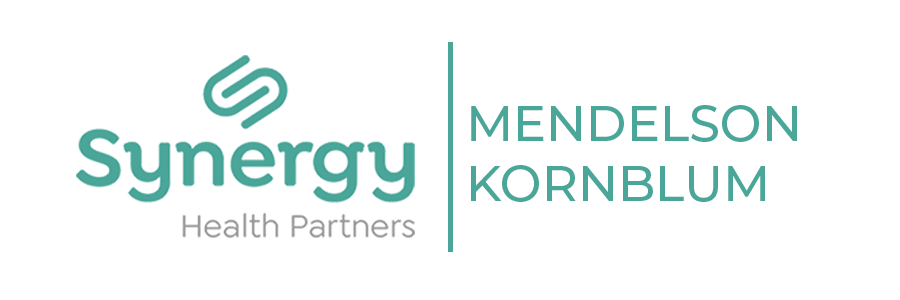What is an Occipital Nerve Block?
An Occipital Nerve Block is a minimally invasive procedure used to diagnose and treat chronic headaches and neck pain originating from the occipital nerves. This procedure involves injecting a local anesthetic and, sometimes, a corticosteroid around the occipital nerves located at the back of the head. By blocking pain signals from these nerves, the procedure can provide significant relief from pain.

Why Might You Need an Occipital Nerve Block?
An Occipital Nerve Block may be recommended if you experience:
- Chronic Migraines: Persistent headaches that do not respond well to other treatments.
- Occipital Neuralgia: Sharp, shooting pain in the back of the head, often radiating to the forehead.
- Cervicogenic Headaches: Headaches that originate from the cervical spine or neck.
- Cluster Headaches: Severe headaches occurring in cyclical patterns or clusters.
- Post-Traumatic Headaches: Headaches resulting from head or neck injury.
What Are the Steps in a Occipital Nerve Block Procedure?
Preoperative Preparation
- Medical Evaluation: Comprehensive review of your medical history, symptoms, and previous treatments.
- Diagnostic Assessment: Physical examination and possibly imaging studies to identify the source of pain.
- Informed Consent: Detailed discussion of the procedure, potential benefits, and risks.
During the Procedure
- Patient Positioning: You will be comfortably positioned, usually lying face down, to allow easy access to the back of your head and neck.
- Local Anesthesia: The skin around the injection site will be numbed to minimize discomfort.
- Guided Injection: Using anatomical landmarks or ultrasound guidance, the needle is precisely positioned near the occipital nerves.
- Injection Process: The local anesthetic and corticosteroid mixture is injected to block the pain signals from the occipital nerves.
Postoperative Care
- Observation: Brief period of monitoring after the injection to ensure there are no immediate side effects.
- Activity Guidelines: Recommendations on limiting activity for a short period to allow the medication to take effect.
- Pain Relief: Pain relief can be immediate, but full benefits may be observed over a few days as the inflammation subsides.

Recovery and Rehabilitation
Postoperative Care
- Immediate Effects: Many patients experience significant pain relief shortly after the injection.
- Pain Monitoring: Keeping a diary of pain levels to track the effectiveness of the treatment.
- Follow-Up Appointments: Scheduled to assess your response to the injection and plan any further treatments if necessary.
Potential Complications
While an Occipital Nerve Block is generally safe, potential complications can include:
- Infection: Risk of infection at the injection site.
- Bleeding: Minor bleeding or bruising may occur.
- Nerve Damage: Rare but possible risk of temporary or permanent nerve damage.
- Allergic Reaction: Rare but possible allergic reaction to the injected medication.
Benefits of Occipital Nerve Block in Pain Management
- Significant Pain Relief: Rapid reduction in headache and neck pain levels.
- Improved Functionality: Enhanced ability to perform daily activities without the burden of chronic pain.
- Reduced Dependence on Medication: Decreased need for pain medications, leading to fewer side effects.
- Enhanced Quality of Life: Improved overall well-being and ability to engage in physical and social activities.
Find a Pain Management Surgeon
Find a Location
MENDELSON KORNBLUM PAIN MANAGEMENT - LIVONIA
For appointments contact
Scheduling: 855.750.5757
For billing questions
Billing: 586.439.6242
Fax: 734.542.0220
MENDELSON KORNBLUM PAIN MANAGEMENT - WARREN
For appointments contact
Scheduling: 855.750.5757
For billing questions
Billing: 586.439.6242
Fax: 586.261.1961
Fax (Pain Management): 586.838.1603
MENDELSON KORNBLUM PAIN MANAGEMENT- STERLING HEIGHTS
For appointments contact
Scheduling: 855.750.5757



